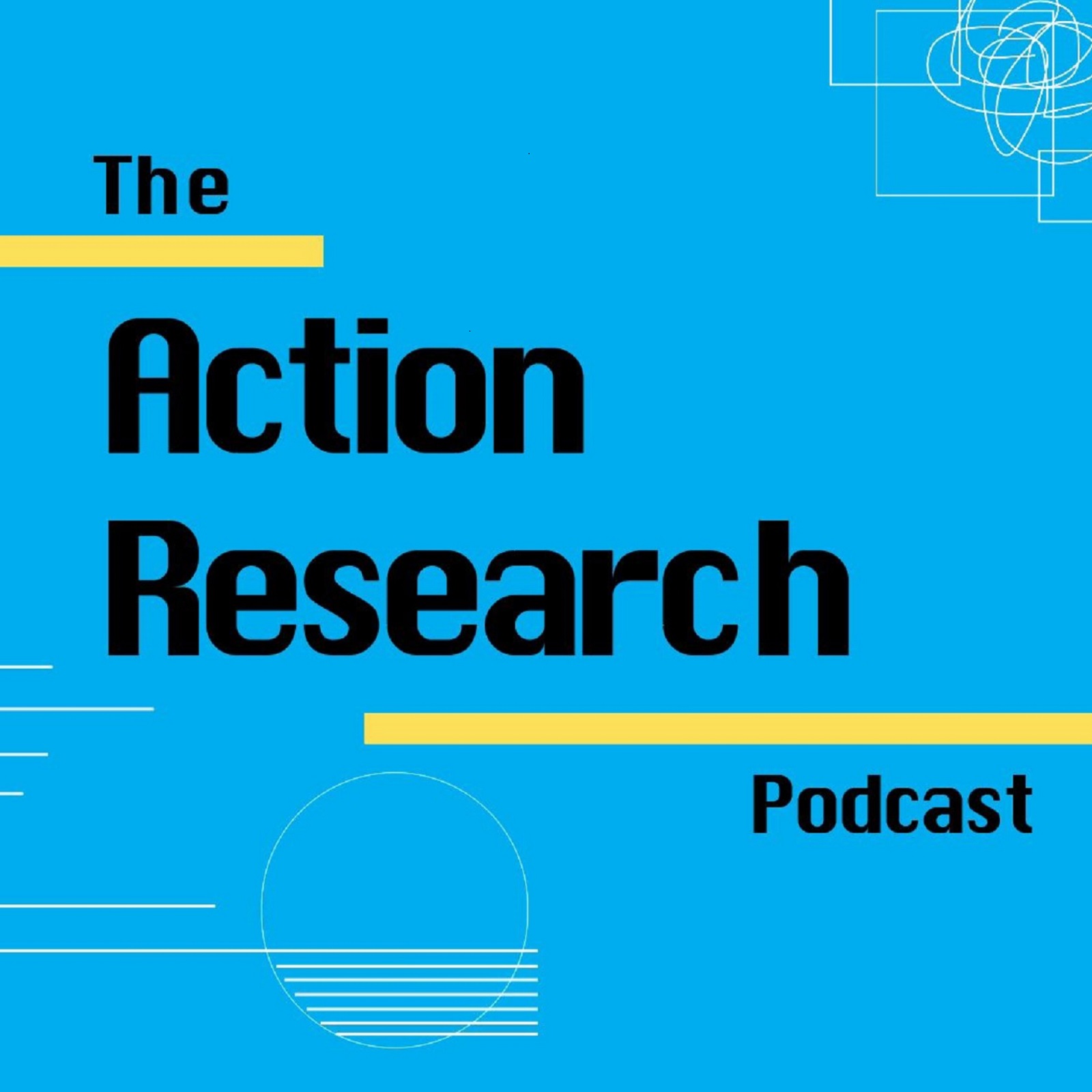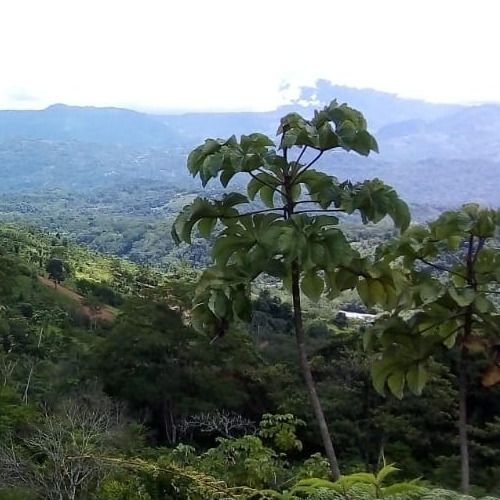The What and Why of Research in Action Research with Alfredo Ortiz Aragon (Part 2)
Part 2 of this two part episode concludes the conversation between Adam, Joe and our guest Alfredo about the “what?” and “why?” of research in action research. Dr Alfredo Ortiz Aragón is an Action-Researcher and Associate Professor in the PhD Program at the Dreeben School of Education at the University of the Incarnate Word in San Antonio, Texas, and co-author of Action Research (Fifth Edition) with Ernie Stringer.
In the last episode, Part 1, the conversation turned toward the ways theories bridge research and practice. In this episode, Part 2, Adam, Joe and Alfredo pick up the conversation by reflecting on the place of writing and reading in their own projects. We jump back in here with Adam who’s reflecting on the audience of action research. Adam recently finished his dissertation and is thinking about his work outside of the context of PhD research. [03:03] Alfredo looks at how theorizing in some of his projects helps him appreciate the influence of storytelling and story-based knowledge outside of publishing research. [06:09] Joe situates the work of research and the role of theorizing in the contexts of procedural and declarative knowledge and begins making the case for the value of action research in generating procedural knowledge. [08:23] Alfredo agrees and, through reflecting on his experience editing journals and sharing more projects he’s worked on, see this orientation toward procedural knowledge as an area of growth for action research: “Honoring people's expert knowledge, but turning it into a form that other people can see the expertise in it.” At this point, [13:33] Adam questions the role of the literature review in action research. [16:12] Alfredo makes the familiar case that literature reviews can be useful to action research projects, but argues that literature, and theories, should be at the service of the problems in “the real world,” and not the other way around. [20:04] Joe backs this up with his experiences doing action research with teachers in Peru. But… when do practitioners have time to do lit reviews? [23:50] Perhaps the controversial part of this episode, Joe and Alfredo explore division of labor, roles, and the suggestion that academics can provide a “knowledge service,” where “we come in, and help to document more of local practitioner knowledge, community knowledge literally as a service.” Wrapping up, [30:14] Alfredo insists that action research does really challenge dominant notions of research: “Research is working with people on the ground, hearing their stories, creating avenues for that processing, finding ways to turn them into creative visual form, turning stories into evidence… spending time with people.”
If you are interested in Alfredo’s work here are a few citations and links:
Stringer, E. T., & Aragón, A. O. (2021). Action research (Fifth edition). Sage publications.
Community-engaged participatory action research (PAR): Rewriting the script for equitable healthcare https://www.partners4healthequity.com/resource-library/community-engaged-participatory-action-research-par-rewriting-script-equitable
**If you have your own questions about Action Research or want to share any feedback, contact us at ActionResearchPod@gmail.com.**

